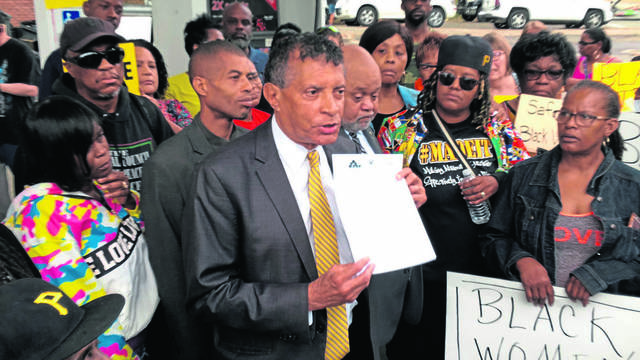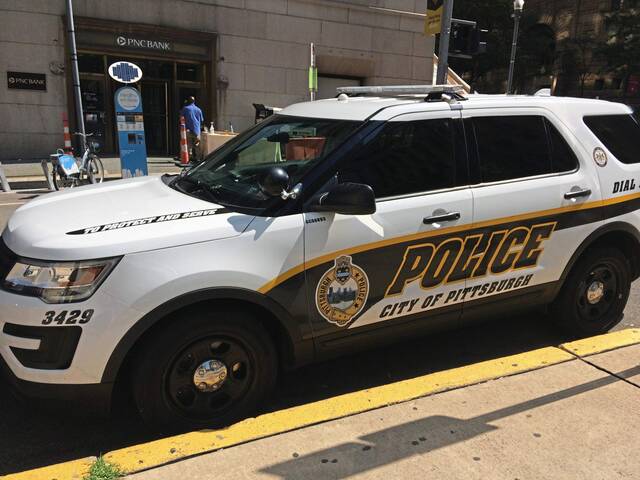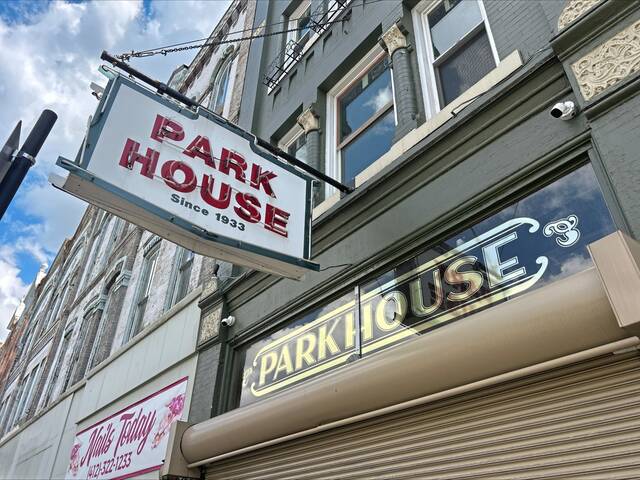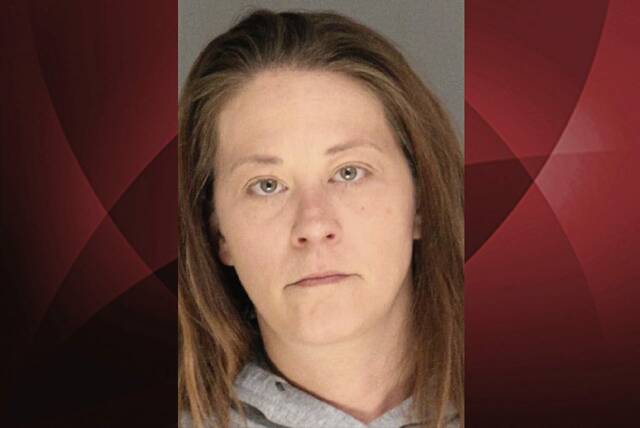Not long after Jonny Gammage died at the hands of police in October 1995, Tim Stevens told Gammage’s parents “never believe that your son’s death was in vain.”
Stevens, chairman and CEO of Pittsburgh’s Black Political Empowerment Project, has helped make sure of that. For the last 23 years he has helped organize the annual Black & White Reunion Pittsburgh Racial Justice Summit, an event formed after the death of Gammage.
In a scuffle with five white police officers from suburban Pittsburgh, Gammage was held face down on the pavement. He couldn’t breathe. Feeling his life slipping away, he gasped to Whitehall police Sgt. Keith Henderson, “Keith, Keith, I’m 31. I’m only 31.”
An autopsy revealed that Gammage died of positional asphyxia.
The details surrounding Gammage’s death are eerily familiar to those of George Floyd at the hands of Minneapolis police officers in May, which reignited the same tense issues of police use of force and racism.
This Friday and Saturday, the Pittsburgh Racial Justice Summit convenes with the tumultuous events of 2020 still in mind. Stevens reiterated that the goal of “building bridges” between multiple cultures in the community remains the primary focus.
“It’s been evolving. Our work has expanded into a general conversation on race, ethnicity, religion and human rights,” said Stevens. “We evolved into not only a multi-cultural edition of the Black & White reunion, but a multi-oriented conversation on justice.”
The summit’s agenda includes sessions on solitary confinement, oppression and racial disparities within prisons, police-free schools, ending criminalization of Black and brown youth, and combating new forms of oppression.
Titled “Rise, Revolt, Repeat,” the event is being held virtually because of the pandemic. Co-lead organizer Nichole Faina said they will try to play to the advantages of the virtual gathering.
“People are exhausted. From the comfort of one’s own house, one can tune in when they want to and take time out when they need to,” said Faina. “You have the creature comforts of home but you still get to learn and be safe.”
Faina praised the people behind the event. “This is multi-cultural, multi-racial. It’s a great reflection of Pittsburgh.”
And yet Stevens said the work can be “very frustrating. It can be something that angers you because justice is not easy to achieve. … You have people who are not in your camp, who are not looking for opportunities for Black and brown people, people with disabilities, people with different sexual orientations to be given the opportunity to function in society at the level that they wish.”
The summit is bringing back Dr. Cyril Wecht, the former Allegheny Country Coroner and forensic pathologist who pronounced that Gammage died of “positional asphyxia.”
“Dr. Wecht, probably more than any white politician over the years, spoke out on the deaths of Black people, both locally and nationally,” said Stevens. “He was the first person to introduce us to the term ‘positional asphyxia,’ which is ironically what George Floyd died from.”
Also on the roster of panelists is Khalid Raheem, a community activist and former Black Panther Party member who led some of the initial protests following Gammage’s death.
For more information on this week’s events go to pittsburghracialjusticesummit.org.








